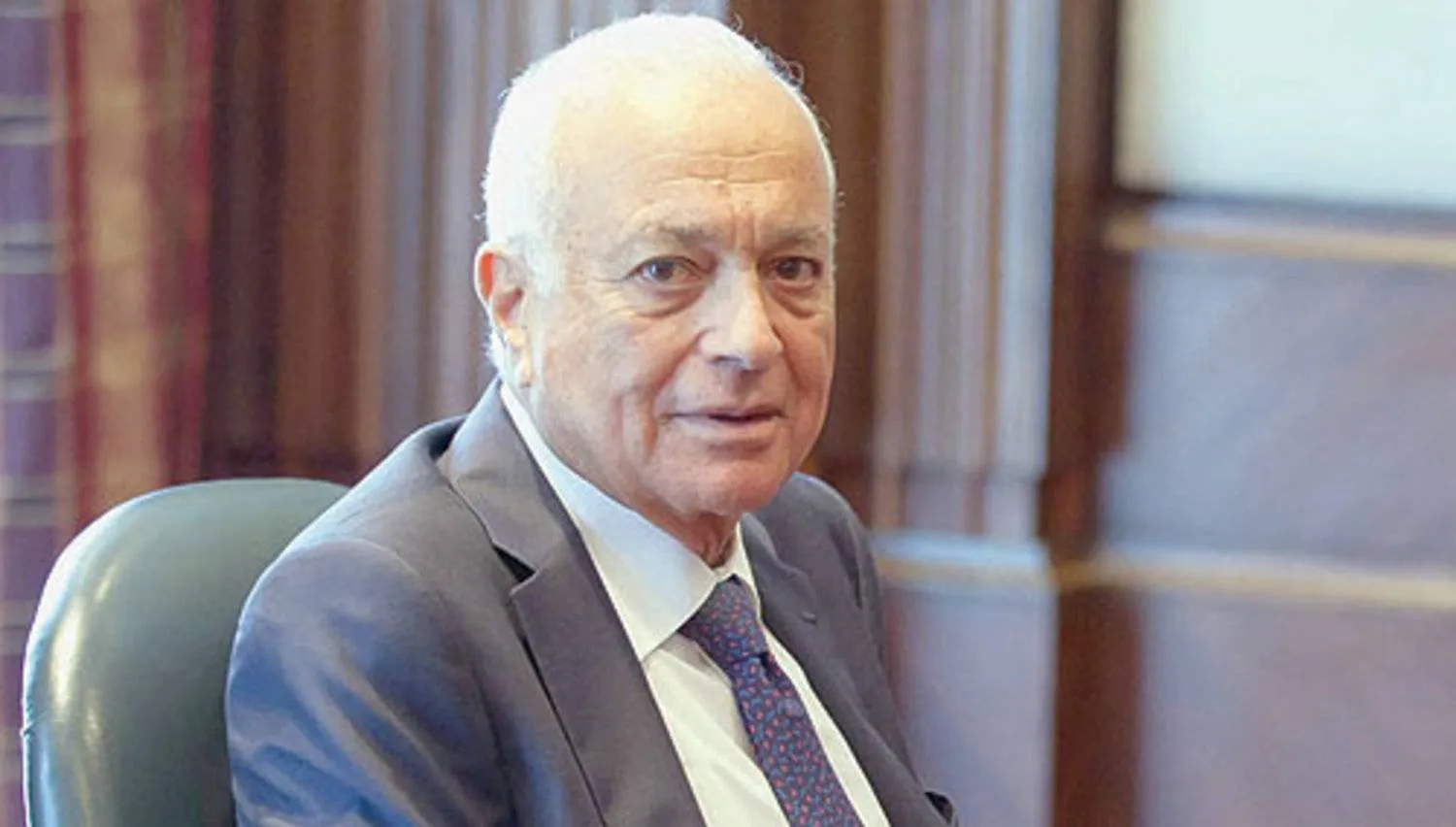Nabil El-Arabi, the former Secretary-General of the Arab League, died in Cairo on Monday at the age of 89. His distinguished diplomatic career spanned over 50 years, marking him as one of Egypt’s top diplomats.
El-Arabi graduated from Cairo University in 1955 with a law degree, then earned a master's in international law and a doctorate from New York University School of Law. He was a legal advisor to President Anwar Sadat during the peace talks with Israel.
He led the Egyptian team in negotiations to resolve the Taba dispute with Israel from 1985 to 1989, resulting in Egypt regaining the territory. El-Arabi also advised the Sudanese government on a border dispute with the Sudan People’s Liberation Movement.
From 2001 to 2006, El-Arabi was a judge at the International Court of Justice after serving on the UN International Law Commission. He was involved in various legal committees, including the UN Compensation Commission in Geneva and the Stockholm International Peace Research Institute.
El-Arabi served as Egypt’s ambassador to India and as Egypt’s permanent representative to the UN in Geneva and New York.
His most notable role came after the January 25, 2011 events when he became Egypt’s foreign minister for a few months before being appointed Secretary-General of the Arab League.
He served a single term before stepping away from politics.
During his time at the Arab League, he focused on resolving Arab conflicts and strengthening the League’s role in regional politics.
Former Arab League Chief Nabil El-Arabi Dies at 89

Nabil El-Arabi, the former Secretary-General of the Arab League (Asharq Al-Awsat)

Former Arab League Chief Nabil El-Arabi Dies at 89

Nabil El-Arabi, the former Secretary-General of the Arab League (Asharq Al-Awsat)
لم تشترك بعد
انشئ حساباً خاصاً بك لتحصل على أخبار مخصصة لك ولتتمتع بخاصية حفظ المقالات وتتلقى نشراتنا البريدية المتنوعة







